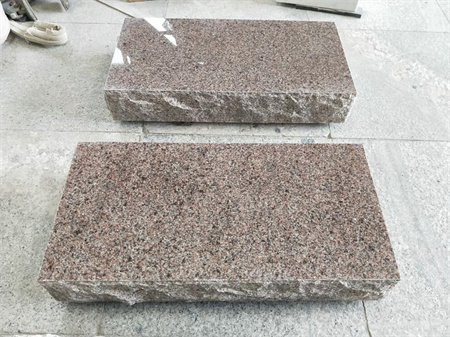Why Granite Memorial Stones Are an Eco-Friendly Choice

Why Granite Memorial Stones Are an Eco-Friendly Choice


One of granite’s most notable environmental benefits is its incredible durability. Unlike other materials that may deteriorate over time, granite is virtually impervious to the elements. Rain, wind, extreme temperatures, and even acidic conditions have minimal impact on its integrity. For this reason, granite memorials require little maintenance, reducing the need for replacements and repairs. In the long run, this not only makes granite a more sustainable choice but also minimizes waste that could come from the need to replace inferior materials. A granite memorial can easily last for hundreds, even thousands, of years, ensuring that the memory of a loved one is preserved without contributing to environmental degradation.
Another significant environmental advantage of granite is its ability to be sourced from quarries with responsible practices. Modern quarrying techniques have improved over the years, and many granite quarries now operate under sustainable practices, adhering to regulations designed to minimize environmental impact. These practices include reducing water usage, managing waste products, and reforesting areas around the quarry once the extraction process is complete. This means that, when sourced from a reputable supplier, granite memorial stones can be produced with a minimal carbon footprint.
Granite is also a recyclable material. When a memorial stone has reached the end of its life, it can be repurposed or recycled in various ways. Some stones are broken down and used in other construction projects, while others are carved into new memorials. This recycling process ensures that even when a stone is no longer in use for its original purpose, it doesn’t end up in a landfill. For families looking to minimize their environmental impact, choosing granite for a memorial is a step toward sustainability that goes beyond the life of the stone itself.
Furthermore, granite is non-toxic, making it a safer option compared to many synthetic materials that can release harmful chemicals into the soil or water over time. Materials like concrete, for example, can leach toxins into the ground, which can negatively affect local ecosystems. Granite, on the other hand, is inert, meaning it doesn’t react with or release substances that could harm the environment. This makes it a much safer, more environmentally responsible option for memorial stones, especially in burial sites where preserving the surrounding ecosystem is important.
Granite’s beauty also plays a role in its environmental appeal. Not only does it offer a classic, timeless look that appeals to many, but it’s also available in a range of colors and finishes. This allows families to create a personalized tribute without needing to rely on synthetic paints or finishes that could potentially introduce harmful chemicals into the environment. The stone’s natural colors, ranging from grays and blues to reds and greens, offer a wide palette that suits any memorial design.
Choosing a granite memorial stone is more than just an aesthetic decision—it’s a choice that reflects an awareness of the planet and future generations. From its natural origins and long-lasting durability to its sustainability through responsible quarrying practices and recyclability, granite stands as an eco-friendly material that can help create lasting memories while leaving a lighter environmental footprint.
By selecting granite, families can honor their loved ones in a way that is not only meaningful and respectful but also in alignment with the values of sustainability and environmental stewardship. In a world where every choice has an impact on the Earth, opting for granite is a way to make a responsible, eco-conscious decision without sacrificing the beauty and permanence of a memorial. It’s a decision that reflects a commitment to preserving both the memories of those who have passed and the world we all share.